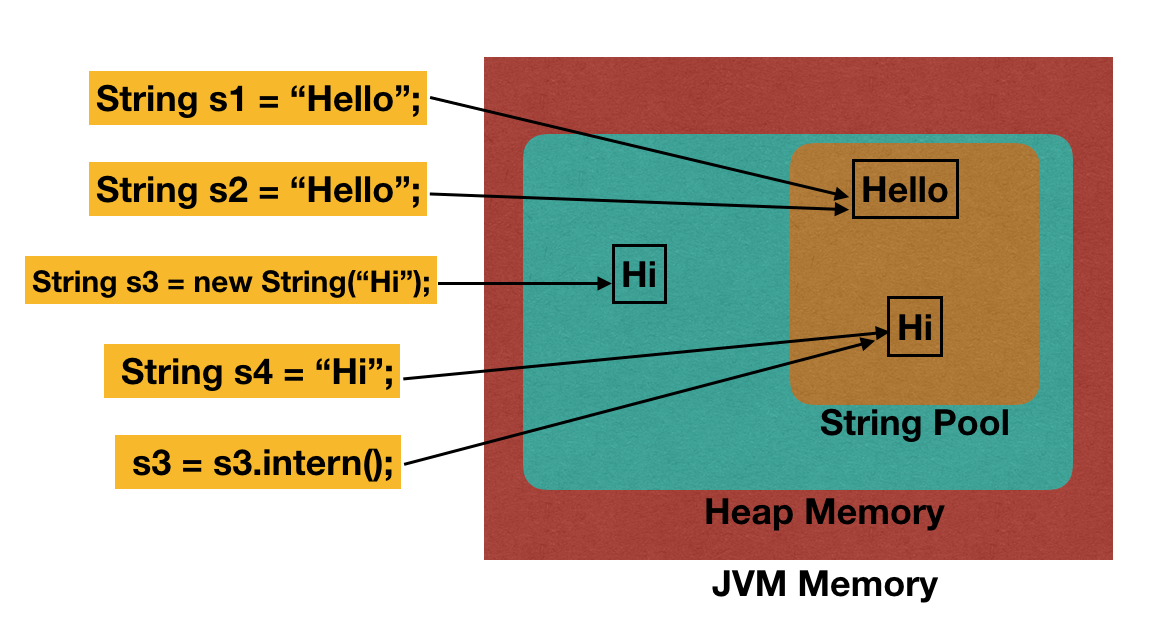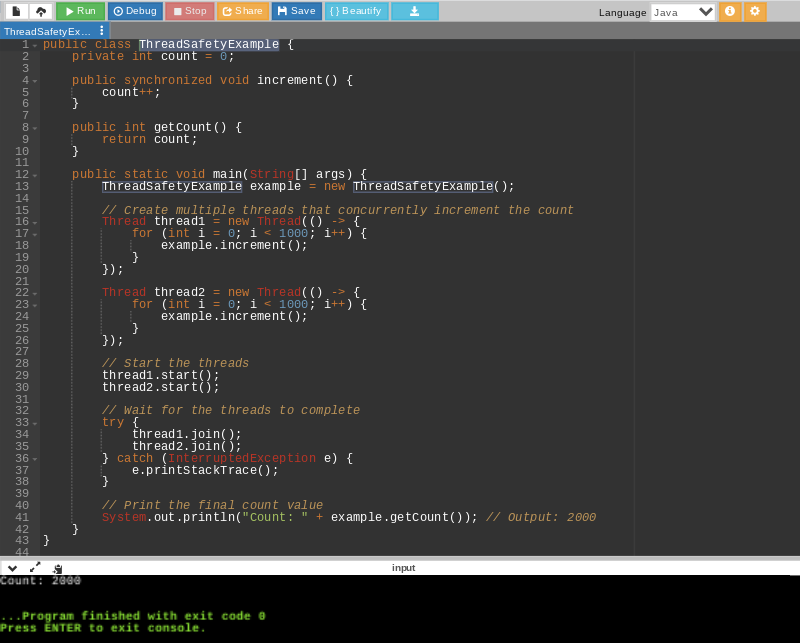What Is Unalterable Strings and Exactly How It Works
In the realm of shows, understanding the principle of unalterable strings is vital for creating durable and protected applications. Unalterable strings describe strings that can not be changed after they are developed, making sure data honesty and predictability within the code. This basic concept plays a crucial role in various programs languages and uses an unique method to taking care of data. By checking out the details of just how immutable strings operate, one can uncover a world of benefits and possibilities that can boost the quality and performance of software program development.
The Essentials of Unalterable Strings
Unalterable strings, as an essential idea in programs, are personality sequences that can not be changed when they are developed. This implies that as soon as a string is designated a value, that value can not be changed. In languages like Python and Java, strings are unalterable items, bring about numerous effects in regards to memory monitoring and data honesty.
Among the essential advantages of immutable strings is that they provide a feeling of safety in data control. Because the web content of an immutable string can not be customized, it guarantees that the initial data stays intact, minimizing the risk of unplanned changes throughout program execution (Why are strings immutable in Java?). This property additionally streamlines debugging procedures, as designers can rely on that as soon as a string is defined, its worth will not be unintentionally modified
In addition, unalterable strings facilitate efficient memory usage. When a new string is developed based upon an existing one, instead of changing the initial string, the new worth is stored independently. This technique enhances efficiency by decreasing memory fragmentation and streamlining memory allowance processes. Generally, comprehending the essentials of unalterable strings is essential for grasping shows ideas and enhancing code effectiveness.
Advantages of Unalterable Strings
Structure upon the safety and security and efficiency advantages of unalterable strings, their advantages encompass enhancing code dependability and simplifying concurrent programming tasks. By being unalterable, strings can not be modified after creation, which eliminates the risk of unexpected changes in the data they store. This fundamental immutability ensures that as soon as a string is created, its worth remains continuous throughout the program's implementation, decreasing the opportunities of bugs triggered by unanticipated modifications.
In addition, unalterable strings add to code integrity by making it simpler to reason concerning the state of a program. Because strings can not be transformed, programmers can trust that a string will certainly constantly hold the very same worth, streamlining debugging and maintenance efforts. This predictability leads to much more secure and reliable codebases.

Application in Shows Languages
Within various programs languages, the unification of unalterable strings is a fundamental element that affects how information is taken care of and manipulated within code frameworks. The execution of immutable strings differs throughout different programs languages, with each language providing its own systems to support this idea.

In comparison, languages like C and C++ do not have built-in assistance for immutable strings. Programmers in these languages have to by hand execute immutability by implementing guidelines within their code to stop direct adjustments to string things.
Best Practices for Dealing With Immutable Strings
When dealing with immutable strings in programs languages like Java and Python, sticking to ideal practices guarantees secure and reliable information manipulation. Among the you can look here key finest methods is to make use of StringBuilder or StringBuffer as opposed to directly adjusting strings, especially when handling comprehensive concatenation operations. These courses provide mutable options for string manipulation, assisting to prevent unneeded memory appropriations and boosting efficiency.
Another ideal practice is to make use of string interpolation or format operates provided by the language instead of hands-on concatenation. This not just boosts readability however additionally aids in stopping usual challenges such as unintentional string modifications. In addition, when dealing with delicate data such as passwords or API tricks, it is important to stay clear of have a peek at this website saving them as ordinary text in unalterable strings. Using secure storage mechanisms like char varieties or specialized libraries for dealing with delicate details helps mitigate protection threats related to unalterable strings.
Real-world Applications and Examples
Checking out practical executions of unalterable strings in various markets exposes their substantial influence on data integrity and system dependability. In the medical care field, immutable strings play an essential role in making certain the safety and discretion of patient data. By protecting against unapproved adjustments to delicate info such as clinical documents and prescriptions, immutable strings help preserve compliance with stringent privacy policies like HIPAA.
Economic establishments likewise take advantage of the immutable nature of strings to boost the security of client data and purchase documents. Immutable strings help avoid fraudulence and unauthorized changes to financial info, supplying a durable protection versus cyber threats and making sure the depend on and self-confidence of customers.

Final Thought
Ideal techniques for my latest blog post working with immutable strings include avoiding direct alterations and utilizing techniques that return brand-new string items. Real-world applications of immutable strings include information file encryption, caching, and string manipulation tasks.
Unalterable strings refer to strings that can not be modified after they are developed, making sure information integrity and predictability within the code. When a new string is developed based on an existing one, rather than changing the original string, the brand-new worth is saved separately.In languages like Java and Python, strings are unalterable by default, indicating that once a string item is created, its worth can not be changed - Why are strings immutable in Java?. Best practices for functioning with immutable strings include avoiding straight modifications and utilizing methods that return brand-new string items. Real-world applications of immutable strings consist of data file encryption, caching, and string manipulation jobs